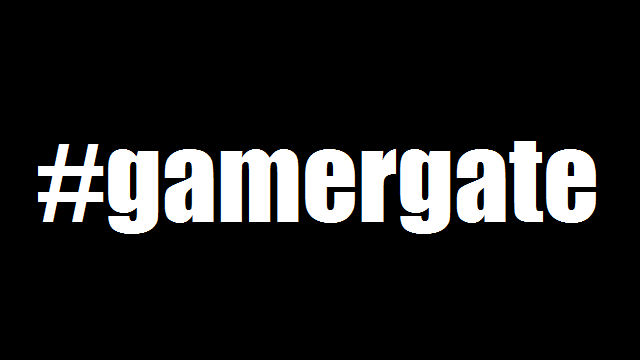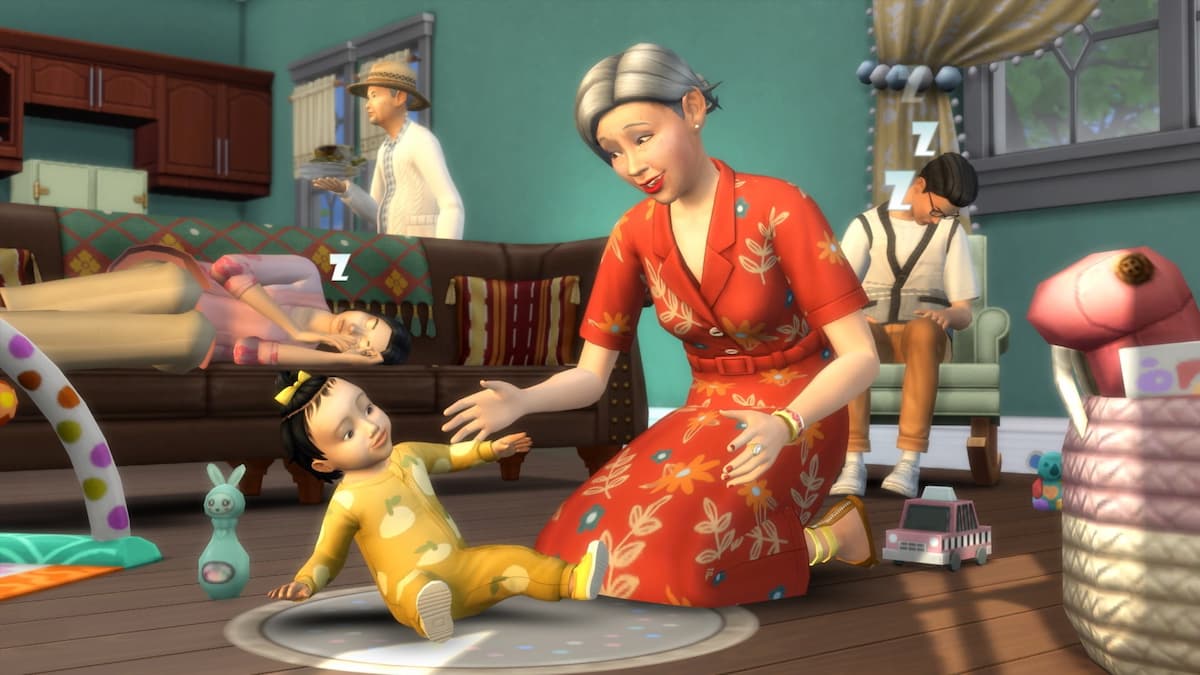An article published on GameSkinny recently outlined, via interviews, what some people who claimed to be affiliated with Gamergate saw as “actionable goals” for ethics in games journalism. None of these views could be said to represent all of Gamergate, though many of the opinions expressed were echoed by other Gamergate-affiliated people throughout the article. Some of the goals were reasonable, others were less so.
I’m not here to vilify Gamergate or people affiliated with it by any means. Nor am I here to attack their ideas. But I do think it’s important to analyze this small selection of “actionable goals” to see whether they are reasonable, necessary, or even possible to implement.
Conflicts of interest
The overwhelming majority of the respondents in the article expressed a desire for all journalists to either recuse themselves from certain articles or disclose any potential conflicts of interest – such as reviewing a game made by a friend or family member. I wholeheartedly support this idea. However, there are a few details that should be cleared up.
What kinds of relationships specifically constitute a conflict of interest? We need to agree on this point if we hope to hold people to it. Is it a close relationship, or any relationship at all? Twitter was specifically mentioned, and Twitter is often used by journalists to dig up story leads. If a journalist follows a dev or company on Twitter – even for strictly informational reasons – then writes about that dev or company, does that count as a conflict of interest? Is this just about personal relationships or does it also include all social media in general? These are questions that need clear answers.
FTC guidelines
Another common point of agreement was the desire for journalists and outlets to adhere to FTC regulations for endorsements. Again, this is a good idea. Basically, the rules require that a journalist, blogger, internet personality, etc. must disclose when they’ve received any incentives in exchange for an endorsement. The message they send about something doesn’t necessarily have to be positive to count as an endorsement, and the incentives don’t need to have any financial value to count. There are a lot of specific circumstances covered by the guidelines, but essentially it’s better to err on the side of transparency.
The thing is, these guidelines are already being enforced on a case-by-case basis:
[I]f concerns about possible violations of the FTC Act come to our attention, we’ll evaluate them case by case. If law enforcement becomes necessary, our focus usually will be on advertisers or their ad agencies and public relations firms. Action against an individual endorser, however, might be appropriate in certain circumstances.
[…]
Although there are no fines for violations of the FTC Act, law enforcement actions can result in orders requiring the defendants in the case to give up money they received from their violations.
Since the FTC doesn’t have the resources to monitor every blog and news site, it’s up to outsiders to report any suspected violations to them, and even then the violators can’t be fined. Any voting-eligible U.S. citizens who object to the way the law is written should contact their lawmakers and tell them their concerns.
The SPJ’s Code of Ethics
Another goal that was repeated by a few respondents was that journalists be held to the Society of Professional Journalists’ (or SPJ’s) Code of Ethics or a similar standard. In an ideal world, every journalist would behave in an ethical manner. But there’s a big problem with this idea, and that’s enforcement.
To begin with, the SPJ themselves caution against viewing the Code of Ethics as anything but guidelines:
[The Code of Ethics] is not a set of rules, rather a guide that encourages all who engage in journalism to take responsibility for the information they provide, regardless of medium. The code should be read as a whole; individual principles should not be taken out of context. It is not, nor can it be under the First Amendment, legally enforceable.
This last sentence means that it would be unconstitutional in the U.S. for the government to force journalists to adhere to this code of ethics. There have been times when the U.S. or its individual states’ governments have tried to legally enforce certain ethical rules for journalists or publications, and they have been struck down by the Supreme Court as infringing on the First Amendment’s guarantee to freedom of the press. In other words, U.S. government enforcement of any ethical code for journalists is right out.
How to be held responsible?
What many of the ideas point to is the formation of a separate entity responsible for holding journalists and publications responsible for ethical violations. This is exactly what William Usher calls for in the original article:
The only thing I would really like to see that isn’t instituted yet is an organization that can enact financial penalties against websites and media outlets that purposefully skew news or purposefully print misinformation after choosing to ignore or forfeit corrections to a story.
Rolling Stone getting sued over the UVA rape story is a nice step, but we need a proper institution in place to make that more commonplace, in order to deter corrupt journalists from publishing blatantly false information.
Should journalists and publications be held responsible for unethical and outright malicious behavior? Absolutely! That said, the idea of creating a separate organization raises a whole host of questions that need to be answered before it can become a reality.
How would this group be formed, and how would we guarantee its neutrality? How would it be given the power to actually enforce anything? How would they determine that something’s an ethical violation if there’s so much gray area when it comes to ethics?
And most importantly, what incentive would publications have to obey its decisions? Without any government power behind it, publications would have to willingly submit themselves to its rules. Historically, these forms of self-censorship (such as the Motion Picture Production Code that used to determine what was shown in Hollywood films) are often implemented to avoid government intervention or censorship. Since the (U.S.) government can’t legally hold journalists to an ethical code of conduct, there’s little incentive for publications to willingly subject themselves to one outside their own in-house code of ethics. And as for defamation, slander, and libel, there are already laws in place to prevent these things and allow victims to seek damages for violations of the law.
In-house ethics policies
Twitter user @a_man_in_maroon listed four goals, two of which are quoted below:
1. Introduce and implement an ethics policy on going sites, such as Kotaku and Polygon
[…]
4. If I could only have one though, I’d want number 1.
Because Polygon and Kotaku are mentioned specifically, I’m going to focus on those two.
Polygon already has a publicly posted ethics policy which can be viewed here. I could not find one for Kotaku (please correct me if I missed it) though they do have a statement about examining their ethics here.
However, just because a site hasn’t made its ethics policy available to the public, that doesn’t mean they don’t have one at all. It should be made clear whether or not the demand is that the site’s ethics policy be made publicly available. If that is the case then yes, Kotaku still hasn’t met that goal, but Polygon has and therefore it is unnecessary to single them out.
Other goals
“Better fact-checking” was cited by a few users, and this is always a good idea, though again difficult to enforce, and while fewer click-bait articles would be preferable I don’t think they’re going anywhere anytime soon. Reddit user /u/Washuchan73 asked for a right of reply to cover all sides of any controversial topic that’s written on. But ultimately, it’s up to the people running the publication whether or not to cover multiple sides of a topic.
What disturbed me about many of the other goals listed is that they focused on dictating the content of journalists’ articles.
Many Gamergate supporters advocated restrictions for how journalists should review games, how they should cover events, what they can say about game developers, whether or not they’re allowed to mention social justice issues, and most of all, what they’re allowed to say about gamers.
These kinds of demands are completely unreasonable, and go against the very idea of a free press.
The content of a journalist’s article should be between them and their editor. If you want to hold a journalist responsible for their words, that’s fine, but you can’t determine what they’re allowed to say ahead of time.
The rest of the goals were either only expressed by one person each or already labeled as unrealistic, such as the reformation/dissolution of the IGDA and getting several major news outlets to print retractions and apologies for the way they reported on Gamergate. Because these goals were already labeled as unrealistic, I won’t unpack the reasons that they likely wouldn’t happen.
So what does this say about some GGer’s current goals?
A lot of these goals are good in theory, but would be difficult (if not impossible) to actually implement or enforce. A lot of other questions would have to be answered before these goals could even begin to be achieved, and it may be difficult to get a majority of Gamergaters to agree on exactly how these questions should be answered.
Others, as stated above, are much less realistic to begin with, and trying to get journalists and outlets to adhere to them would be a totally uphill battle at best, not to mention that several are wishes to control what the press says. If you wouldn’t want to be told what you are and aren’t allowed to say, you shouldn’t tell others what they are and aren’t allowed to say. It’s a two-way street. And, ultimately, what gets published is up to the publications; the only thing readers can decide is what to read and what not to read.
If you like what a site publishes, support them! If you don’t, well, don’t. And if at all possible, start writing yourself! Perhaps the best way to create change is to implement it in your own work, rather than trying to change another person’s work. Be the change you wish to see and all that. Go forth boldly and make a case for what you consider to be good journalism. What are you waiting for?










Published: Feb 10, 2016 09:55 am